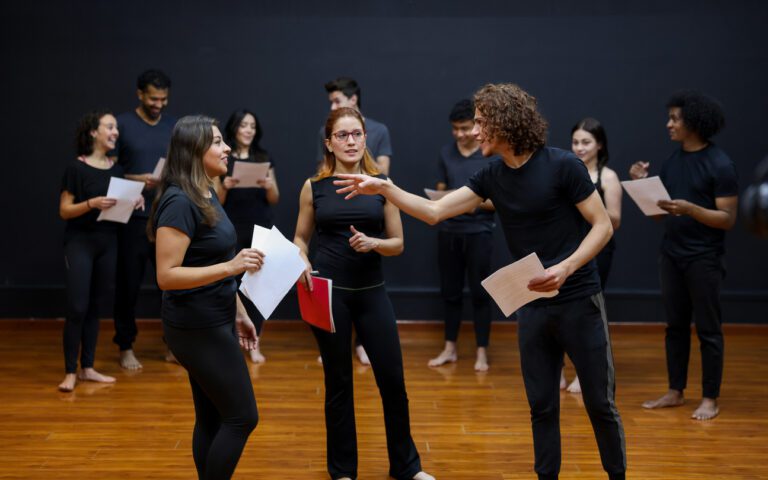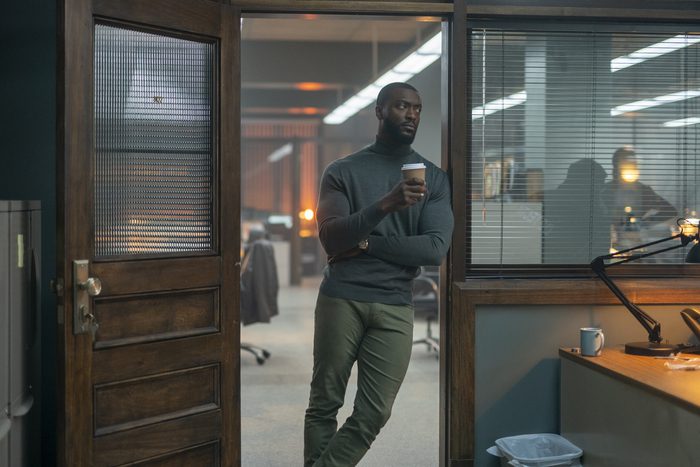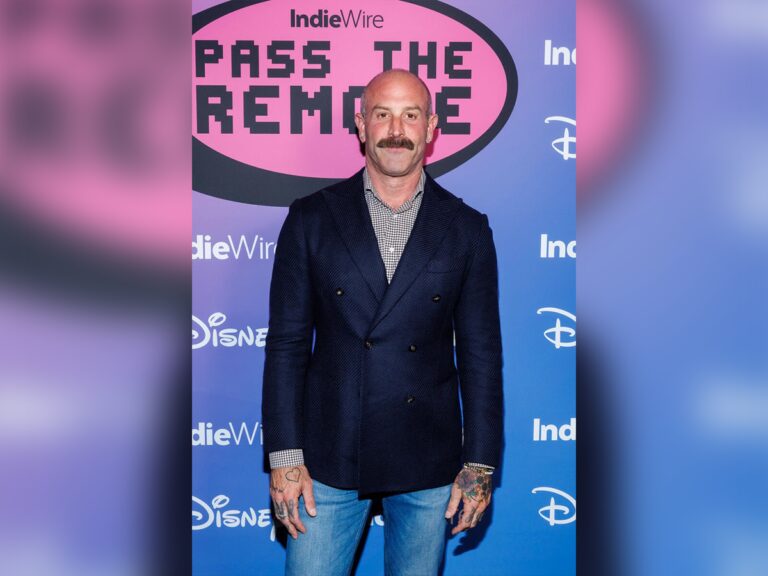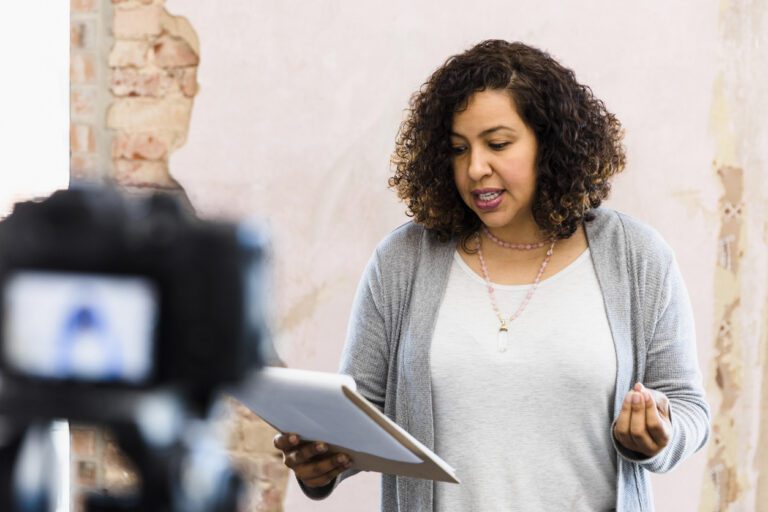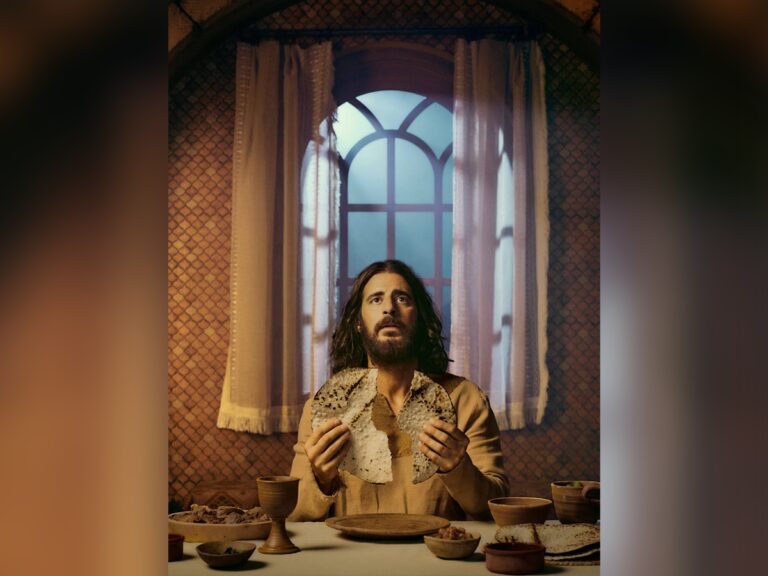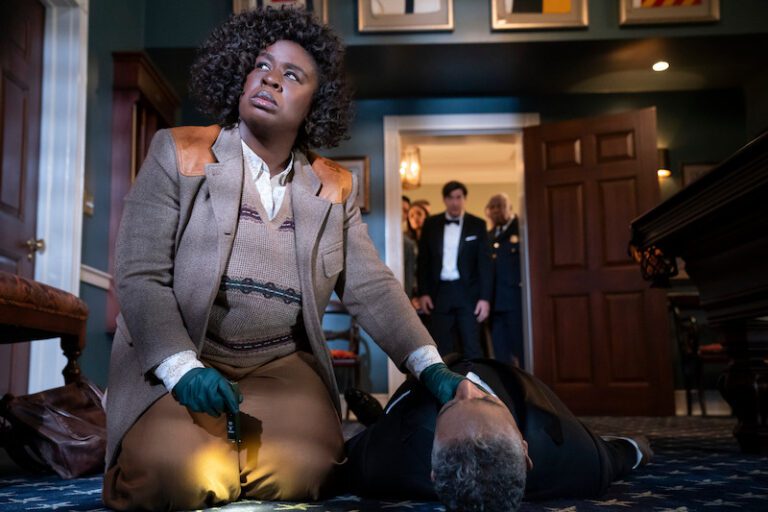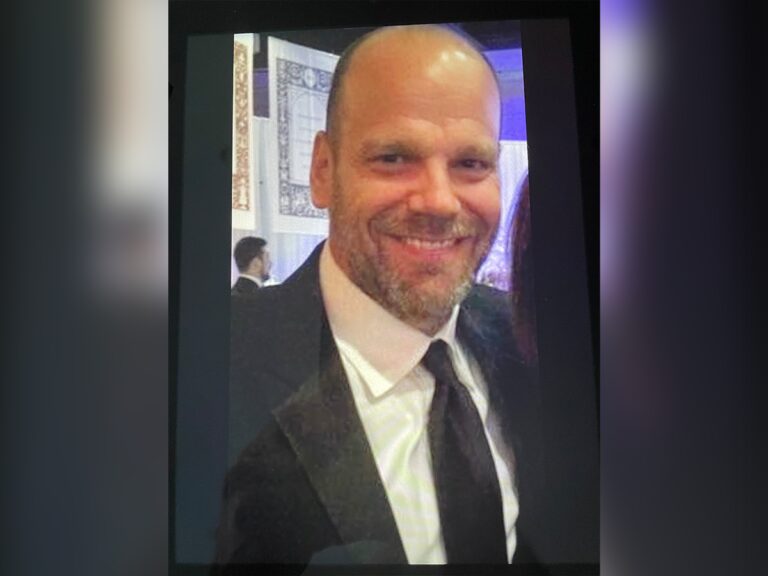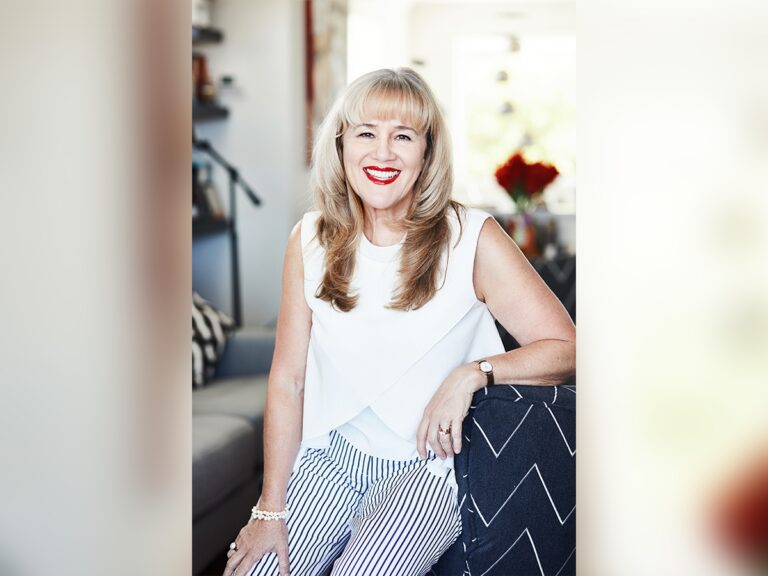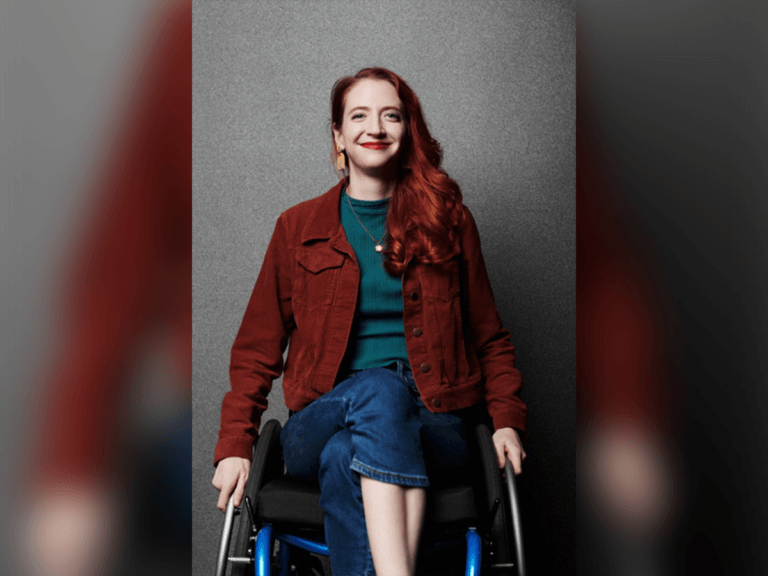It would be impossible to look at Margery Simkin’s career and not be gobsmacked by it.
Setting aside the multi-billion dollar Avatar franchise she helped visionary director James Cameron put together, there are major hits like In & Out, Pacific Rim, Marley & Me, 12 Monkeys and Erin Brockovich. Simkin has also collected a trio of the best cast films of the last half-century, Top Gun, Field of Dreams and Bowfinger. That’s a pretty epic run that just about any other casting director would kill to possess.
With no Oscar category for Casting yet instituted, the most prestigious award for the craft is an Artios Award. Simkin has been nominated for 13 of them and won three times. That’s pretty epic, too.
Her latest film is the animated comedy, Hitpig. She spoke to us from her home office in LA.
Insights: Lessons From Margery Simkin
- Be authentic in auditions; your unique essence is key.
- Not landing a role often relates to specific casting needs, not your talent.
- Diversify skills, like voice acting, to broaden your opportunities.
How did you get into casting in the first place?
Completely by accident. I didn’t work for anybody else in casting, which was at the beginning a challenge, and which I didn’t appreciate at the time, because I didn’t know any better. I just sort of stumbled upon it. It sort of happened that with this weird job, I immediately felt at home and felt whatever my talents or skill set was particularly and peculiarly suited for this profession.
How so?
Out of college, I managed nonprofit dance companies and then went to work for a well-known theater company. We existed because I would write these grant proposals, and if my grant proposal was successful, 10 people would eat that year. It was tremendously stressful, and there was a lot of pressure on me.
In my youthful naivete, I thought I wanted to get into the profit-making arts. I never felt like I had a talent, because I couldn’t do any of the things I recognized as a talent. But of course, what I now recognize is, that anything you do well is a talent.
I was a really good typist. This is before computers, and most significantly, before collating Xerox machines. I got a job in a production office and was young enough to appreciate that opportunity. I typed lists of things and crew lists, and I Xeroxed and collated. I made an extra copy of everything that I Xeroxed, and I took them home and read them.
That’s a pretty good education, right there.
Yes, because in the production office, you learned everything. I still think that I do my job a little differently than a lot of my colleagues who came up differently because I see how we fit into the whole production. I did that job, and then people would call me for odd jobs in film.
A friend was working on some movie, casting kids for flashback sequences, people that looked like the stars of the movie. She got a writing job, so she called me up in panic and said, “I don’t want to leave these guys in the lurch, I’ll give you all my notes and lie to them and tell them that you’ve been helping me.”
So, I went in and I lied — a time-honored thing to have done in show business — and got this job looking for kids. I seem to have this weird talent where I can tell if someone’s got “it.” The casting director at the time saw that I had this affinity, and I talked my way into things you could never do today.
I talked my way into schools all over New York City and made friends with all the principals, which was something that came in handy later on. I would go into a gym and look at a bunch of kids playing, and I somehow could identify who would be interesting on screen. I don’t know how I know this, but it works. I think everybody who’s good at my profession, however they articulate it, has that sixth sense.
Are there particular actors who came into your audition room about whom you said, “This is somebody we need to keep an eye on,” and they became successful?
There are people that that has happened to and there are people that have come in my room that I think deserve that and haven’t had that combination of luck and ability, which is heartbreaking to me. I don’t ever think, “This person is a star.” I think, “Is this person right for the project, and for better or for worse?” To me, it’s about serving the project, serving the script and the director’s vision of that script.
On Field of Dreams, somebody was doing a project, and my notebook is now off somewhere in some library. He tracked it down and went through all the callbacks, and I hadn’t remembered a whole bunch of people that had come in for callbacks on that project. A number of them are people that are significant at the moment, but in every instance, I didn’t think, “Oh, that person should have gotten that part.” Even though they may be more famous than the people that did get it, they would not have been as right for it.
It’s about solving a puzzle. Do the pieces fit? Also, of course, there’s luck involved.
It’s really true for all of us. I mean, I did that first kooky little thing, and then somebody who worked on that was working on another project and I was doing location casting in New York. That’s what that first job was.
Then I did the same thing on The Wanderers and the casting director of that was Scott Rudin. He left to go be a producer, and he passed me along to somebody for the next thing. They wanted me to do location casting in Vancouver because it was the first time anybody was shooting in Vancouver. In the idiocy and the arrogance of youth, I said, “I’ll do it.” I didn’t know what I was doing, and I just sort of made it up. I stumbled into it in a way that would be completely impossible today.
Do you have particular favorites of the films you cast?
Top Gun is a complicated one for me because I vividly remember having a conversation with them regarding more people of color and getting tremendous pushback on that because it wasn’t realistic. It wasn’t what was happening in those days, and I think it was before we thought about aspirational casting as opposed to realistic casting.
I’m a big fan of aspirational casting: what you would like things to be, as opposed to what they really are. I’m proud of a lot of what we did. I do look back at Top Gun, and, if we were doing that now, as they did with the sequel, we’d do it differently. But I am really, really proud of that one.
Along with Field of Dreams, it’s one of those movies that has such a phenomenal cast, from top to bottom.
Weirdly, Val Kilmer was a huge battle. Believe it or not, and bewilderingly to me, even at the time, he was thought of in Hollywood as a comedic actor because he’d done two comedies [Real Genius and Top Secret]. I knew him from Juilliard, where he had done this play about the Bader Meinhof gang. The show had moved to The Public, and it was a thing. I thought of him as this serious actor, and I hadn’t seen the comedies he was in.
I love your work in Bowfinger, too.
That is one movie I did that I love desperately. I love the cast and I feel it doesn’t get the attention it deserves.
Is it a different experience working in animation? I notice you haven’t done a lot of that.
One of the things I’m super proud of right now is Blue Eye Samurai. The writing is magnificent. The action is extraordinary. It’s stunning.
I remember early on in my career, I didn’t understand how to do voiceover, animation stuff, because you kind of have to divorce the physicality of the character and just imagine, “Does that voice fit with that image of a character?”
That separation was challenging for me to do, and then when I started to do it, it’s become a lot of fun. You just put the character up in front of you on the screen, and then you close your eyes and you just listen to people, and you have these ideas. It’s become a really fun, interesting challenge to do.
Is there a secret to having the kind of career you’ve had, doing such high-profile work for so long?
I do think I’m really good at what I do, but I also had a great good fortune at a moment in history. One after another, I got to work on things and met people who were working on interesting things. I was lucky enough to end up on successful things.
We’ve been talking a lot about actors and seeing them come in and in various forms. I’m curious if there are common audition mistakes that actors make.
I don’t believe every actor can play every part. Again, using the term “talented” is always a loaded one, but sometimes I will meet people for parts and they’re completely wrong for it.
Here is an example. I was working on a movie and I needed someone who weighed under 90 pounds. It was a tiny day-player role, I think she had like, four words. There was a stunt gag, where she had to be pulled up by a crane. According to the stunt coordinator, I needed somebody under 90 pounds.
I was calling all the agents, “Who do you have that’s tiny and can play this part?” Maggie Gyllenhaal’s agent asked if I would meet Maggie. I said, “Look, I haven’t seen her since she was a teenager, but I don’t think she fits the brief.” He said, “No, I just think she’s special, and you should meet her.” I said, “All right,” and she came in and she did a fantastic reading, and of course, was completely wrong, and it didn’t go further. Now, this was no reflection on her talents or any of that. It just didn’t fit the needs of that moment.
With that in mind, what piece of wisdom or advice would you give to someone coming to audition for you?
There is an essence to who you are, and your opportunity is to just put that on the character. That doesn’t mean you don’t do the work. It doesn’t mean you don’t think about the character. But if you’re trying to figure out what we want, I feel like you have lost the plot.
You just have to come in and take a swing and then you’re either “it” or you’re not. Not getting a part doesn’t mean you’re not talented. It just means you’re not right for that role. That is not a reflection on your gifts, it’s a reflection on how you fit into the particular mosaic or puzzle that we’re putting together. There are times when I’ve cast not my first choice for a part because somebody else fits better into the whole for one reason or another. That’s always an interesting exercise.
Ready to find your next role with Casting Networks? Sign up for a free trial today!
You may also like:
